– Despite EU sanctions on Russia, Hungary has sought to maintain pragmatic economic and political relations with Russia in recent years. Are there any unresolved issues you plan to discuss in Budapest?
– We recognize that EU and NATO membership imposes certain obligations for Hungary, including support for sanctions against countries, even when it goes against Hungary’s national interests. Regarding this, we are of the opinion that in the XXI. century, there is little room for such forced manifestations of block solidarity.
Let us also add that sanctions are among the useless tools of politics, and in the case of Russia, futile.
As for Russian-Hungarian relations, especially trade and economic relations, we do not see any noticeable stimulus that cannot be overcome through normal working discussions. Our formula for success has stood the test of time. It is based on healthy pragmatism, respect for each other’s interests and a focus on creative work on both sides. I would note that cooperation between our countries has reached unparalleled levels. This was made possible, above all, by the clearly expressed political will of the Russian and Hungarian leaders, their mutual need for the multifaceted development of bilateral relations, which undoubtedly meets the expectations of our peoples.
– EU sanctions also reduced Hungarian-Russian trade. In an increasingly hostile international environment, what opportunities are there for the development of bilateral economic relations?
– After the European Union imposed restrictive measures against Russia in 2014, exchange of goods between Russia and the EU fell to less than half. While it was valued at $417.7 billion in 2013, it was only $192.2 billion in 2020. Of course, other European trading partners aside from Hungary also suffered because of this. Significantly, these EU sanctions hit Eastern Europeans hardest as meanwhile the big European powers were even able to take advantage of the conditions. My colleague Péter Szijjártó has drawn attention to this fact several times, listing compelling statistics.
From my end, I can confirm that Russia is ready to develop trade and economic relations with Hungary in the volume and depth that our Hungarian partners are prepared for.
In addition to the renewal of reciprocal trade relations, there is no doubt that the possibility remains for relaunching cooperation related to investment, technical-scientific and industrial fields. Our economies complement each other in many respects. It is encouraging that despite the obstacles posed by Brussels’ sanctions, not only were we able to consistently implement the major investments we have launched, but we are also able to identify future targets for our joint efforts. Speaking of which, I would highlight our successful cooperation in the new fight against the coronavirus pandemic. I would like to emphasize that Hungary was the first and so far, the only EU country to have authorized the Russian Sputnik V vaccine and to have purchased a significant amount of it. The possibility of manufacturing it in Hungary is currently being inspected. Therefore, overall, we can assert that Russian-Hungarian economic relations are quite promising. The same conclusion can be reached for the favorable dynamics of bilateral trade in goods, as the turnover between January and May 2021 was about 35 percent higher than in the same period of the previous year.
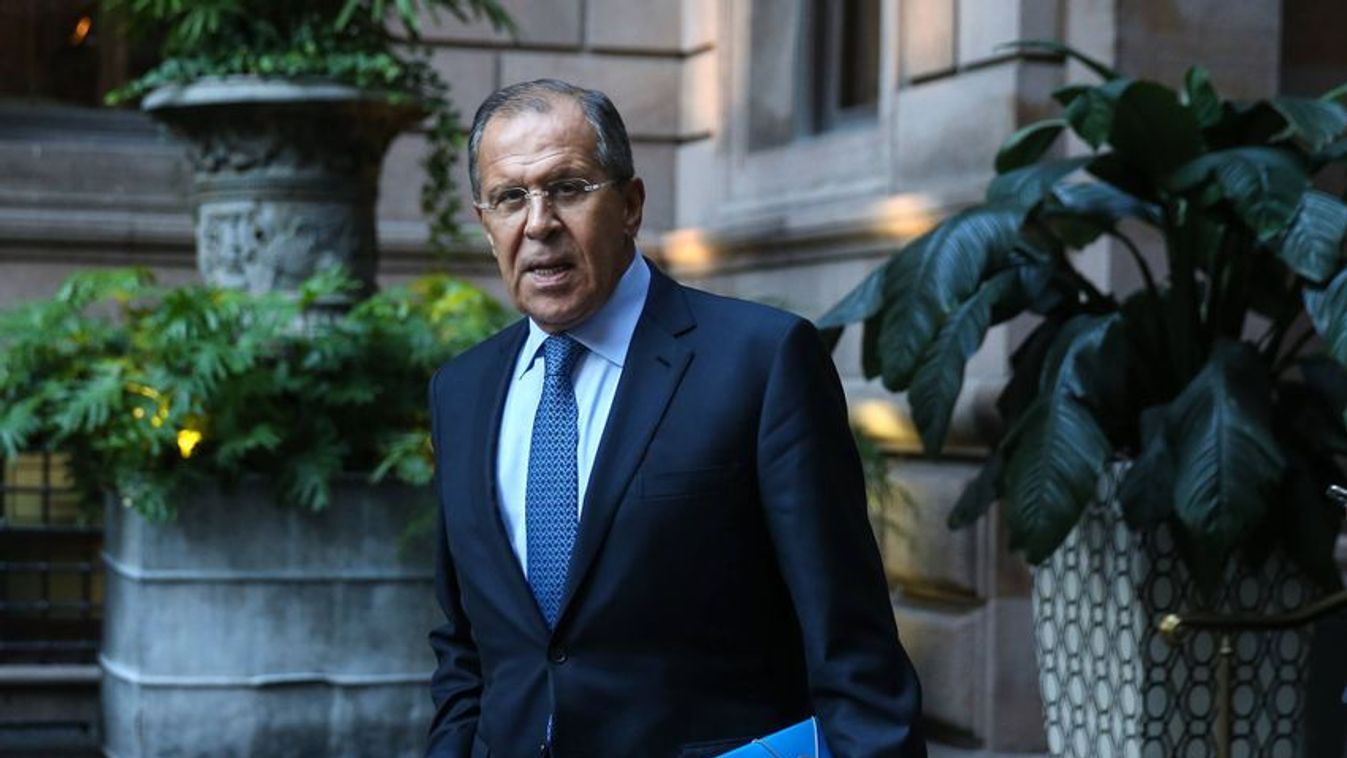
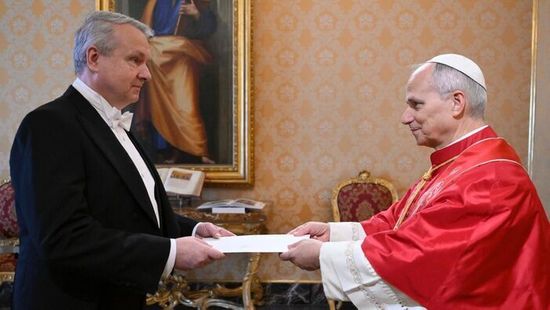
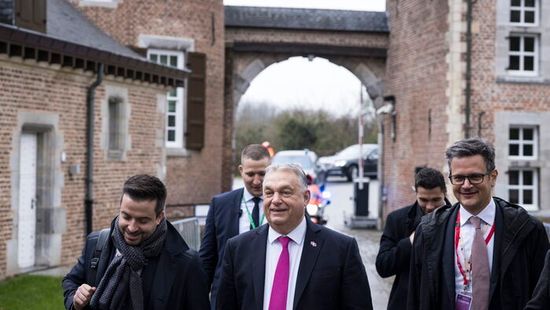
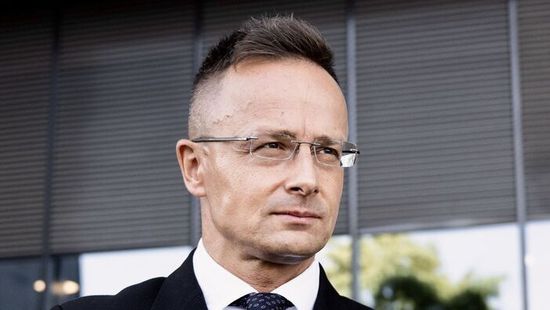
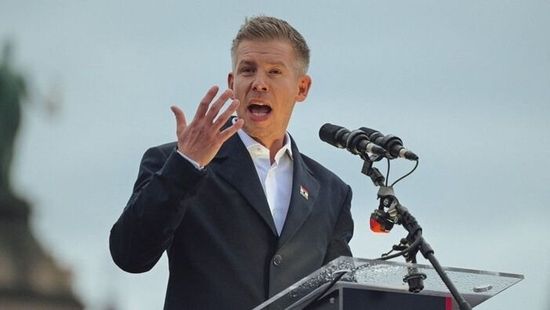

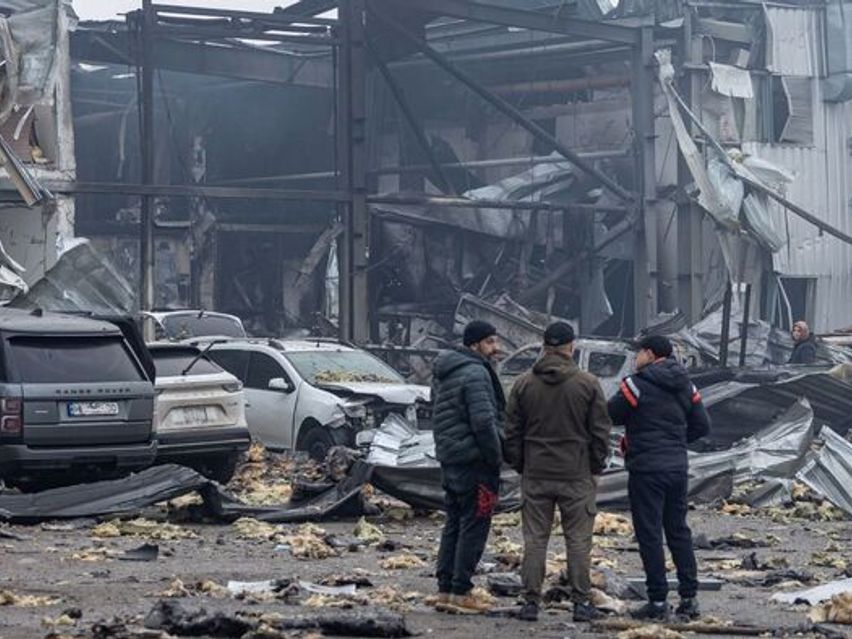

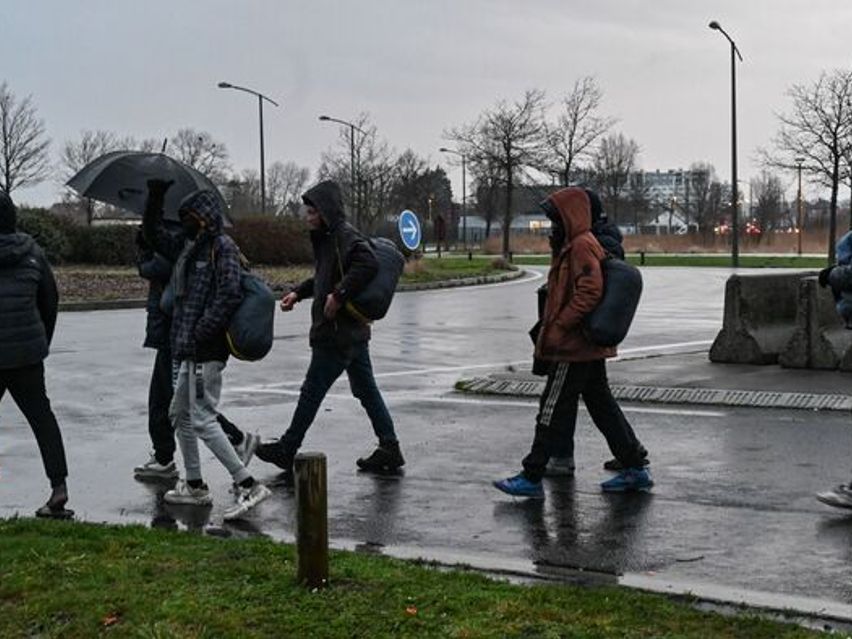
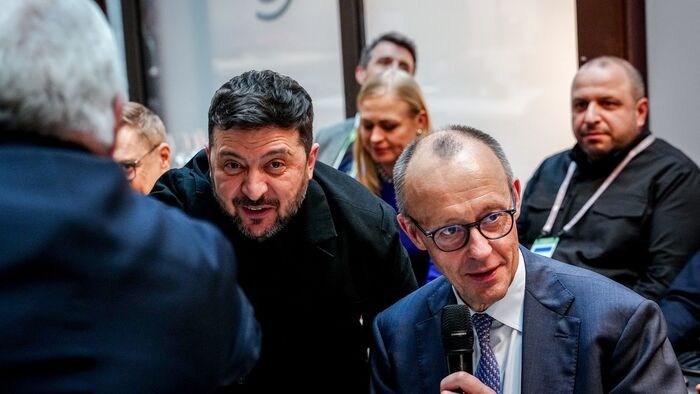

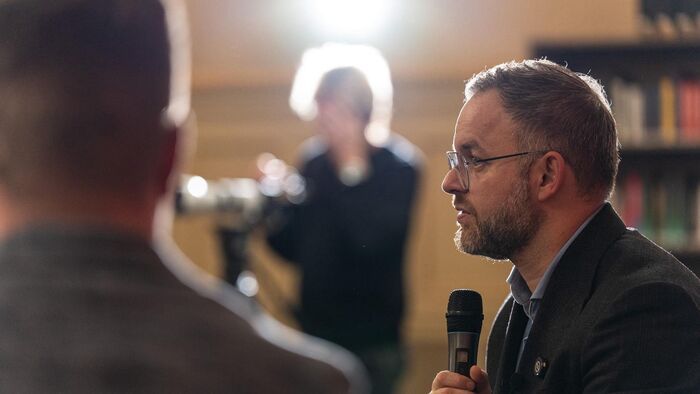
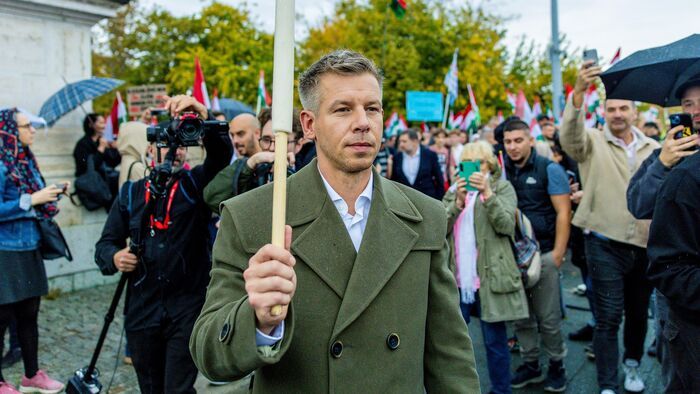
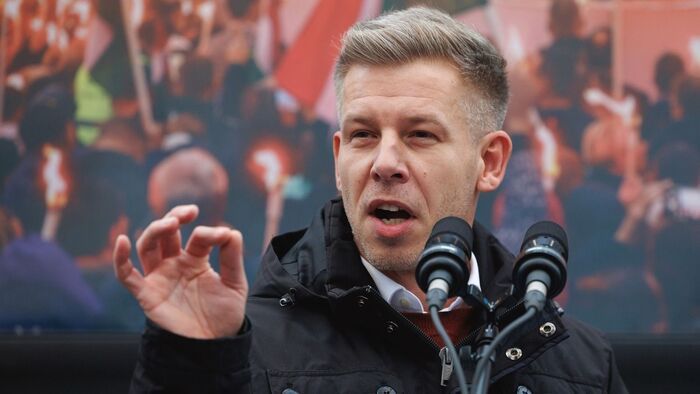
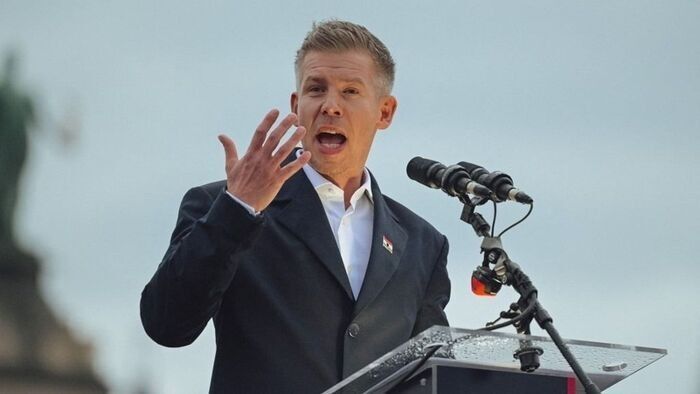
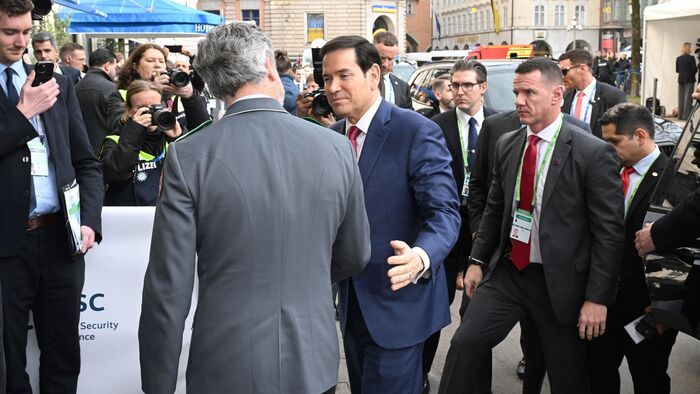
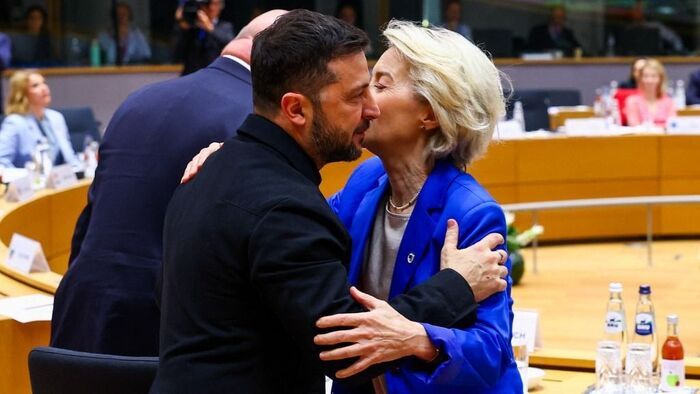
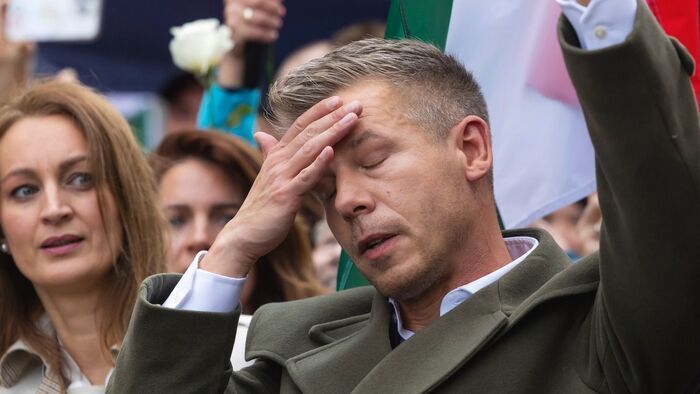

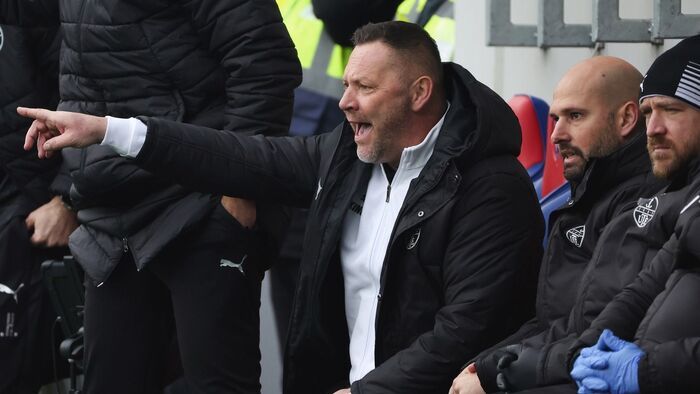
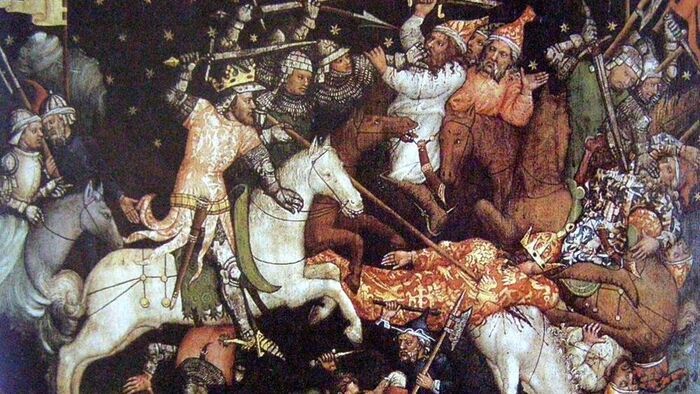
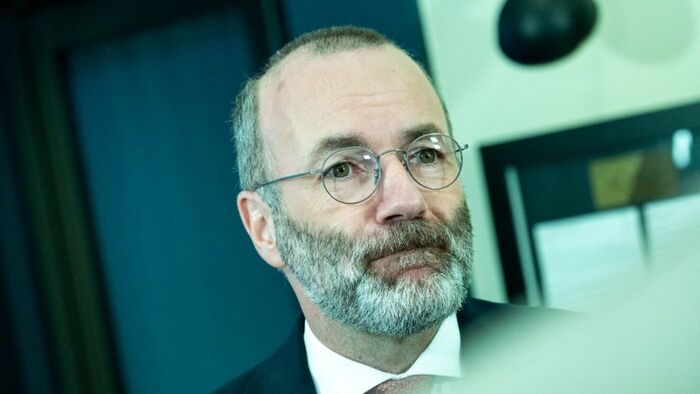

Szóljon hozzá!
Jelenleg csak a hozzászólások egy kis részét látja. Hozzászóláshoz és a további kommentek megtekintéséhez lépjen be, vagy regisztráljon!